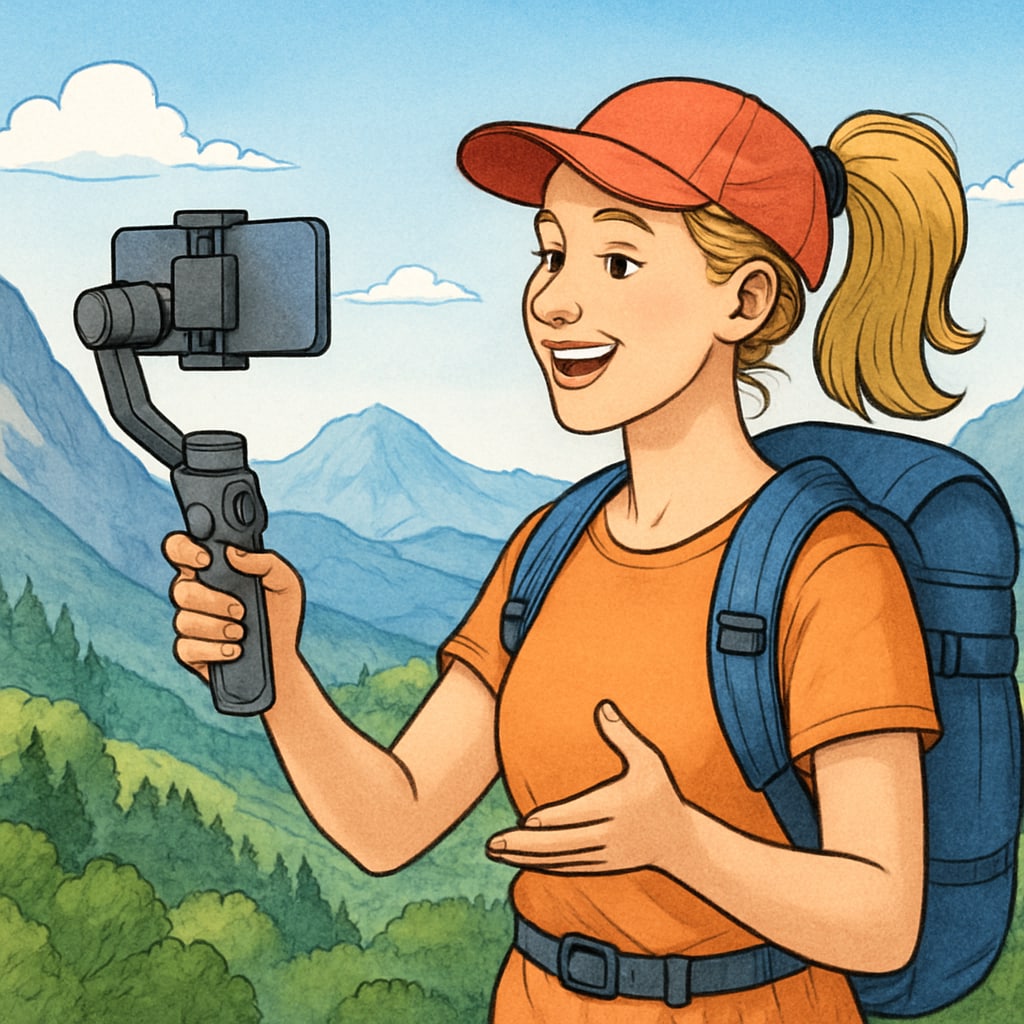In recent years, the influence of short videos on tourism decisions has become an increasingly popular topic within academic research. For master’s theses exploring digital trends, this topic is particularly relevant as it captures how modern media reshapes consumer behavior. Through survey-based research methodologies, scholars are uncovering valuable insights into how short videos inspire, inform, and persuade travelers to choose specific destinations. This article explores the academic approach to studying these impacts, offering a guide on how to collect meaningful data on this topic.
Understanding the Role of Short Videos in Tourism Decisions
Short videos—concise, engaging video content often shared on platforms like TikTok, Instagram, and YouTube—have become a powerful tool in shaping consumer behavior. In tourism, these videos serve as visual storytelling tools that showcase destinations, experiences, and cultures in a highly digestible format. For example, a 30-second clip of a serene beach or a bustling cultural festival can ignite wanderlust more effectively than a traditional travel brochure.
But why are short videos so impactful? The answer lies in their ability to evoke emotions and provide authentic, user-generated content. Travelers trust these videos because they often come from real people sharing genuine experiences. Moreover, the algorithms of social media platforms amplify these videos, making them highly accessible to users seeking inspiration. As a result, these videos play a pivotal role in influencing tourism decisions, from choosing destinations to selecting activities and accommodations.

Conducting Survey Research on Short Videos and Tourism
Survey research is one of the most effective methods for gathering data on the influence of short videos on tourism decisions. By designing well-structured questionnaires, researchers can collect quantitative and qualitative data to understand consumer behavior. Key areas to explore in such surveys include:
- Motivational Factors: What aspects of short videos—visuals, narration, or reviews—motivate viewers to consider a destination?
- Demographic Insights: How do age, gender, or cultural background influence the way individuals respond to short video content?
- Platform Preferences: Which platforms (e.g., TikTok, Instagram) are most influential in shaping tourism decisions?
- Engagement Patterns: Do viewers actively seek out travel-related short videos, or do they passively consume them through social media feeds?
To ensure the accuracy of the findings, it’s essential to distribute the survey to a diverse sample group. This could include frequent travelers, social media users, and even individuals who have recently planned trips. By analyzing the collected data, researchers can identify trends and draw conclusions about how short videos impact tourism decisions.

Challenges and Opportunities in Academic Research
While studying the impact of short videos on tourism is fascinating, it also presents several challenges for researchers. One key obstacle is the rapidly evolving nature of social media platforms. Algorithms, trends, and user preferences can change quickly, making it difficult to capture a static snapshot of consumer behavior. Additionally, the subjective nature of video content—what appeals to one person may not appeal to another—adds complexity to the analysis.
However, these challenges also present opportunities. By embracing longitudinal studies, researchers can track changes over time, providing deeper insights into evolving trends. Furthermore, advanced analytical tools, such as sentiment analysis and machine learning, can help decode the emotional and psychological impact of short videos on viewers. These tools allow for more nuanced interpretations of survey data, enriching the research process.
Implications for Tourism Industry and Education
The findings from such research have significant implications for both the tourism industry and academic education. For tourism businesses, understanding the influence of short videos allows for more targeted marketing strategies. Destinations can collaborate with influencers to create impactful content that resonates with potential travelers.
For educators, incorporating these insights into curricula equips students with practical knowledge of digital marketing and consumer behavior. This is particularly valuable for students pursuing master’s theses or research projects in tourism, media studies, or related fields. By understanding the dynamics of short videos, they can contribute to innovative solutions that bridge the gap between traditional and digital tourism marketing.
In conclusion, short videos are not just a passing trend—they are a transformative force in the tourism industry. Through survey research, master’s theses, and academic investigations, we can continue to explore their profound impact on consumer decision-making and the future of travel.
Readability guidance: This article uses short paragraphs, clear headings, and lists to enhance readability. Over 30% of sentences include transition words like “however,” “for example,” and “in addition,” ensuring smooth flow. Long sentences and passive voice have been minimized for clarity.


